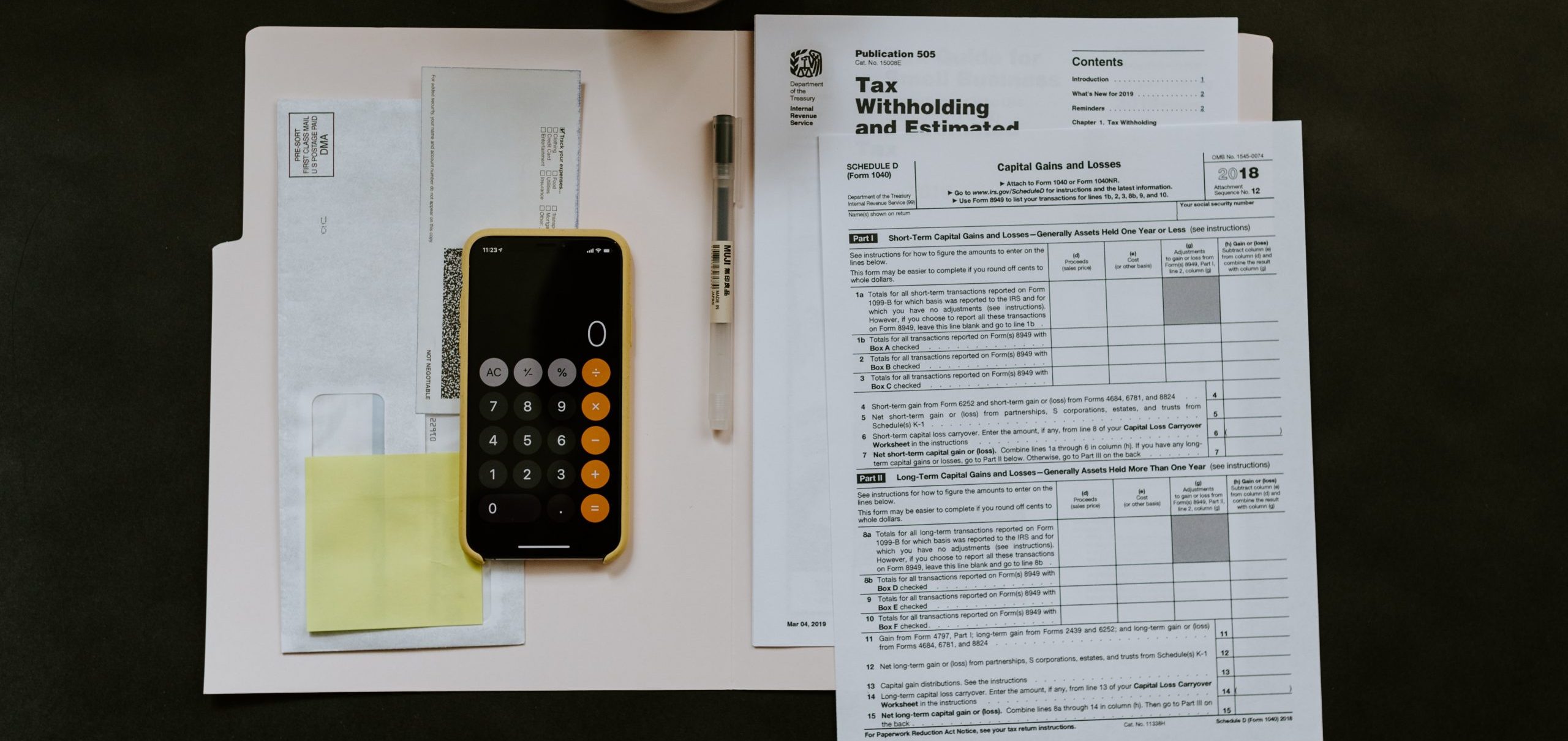Drafting wills according to the provisions of law

A will is an expression of an individual’s will to transfer his or her property to another person after death. However, the testator should pay attention to the following conditions for the will to be legal and recognized for the division of the estate.
1. Subjects making wills
According to Article 625 of the 2015 Civil Code, the following people have the right to make wills:
– Persons from full 18 years old, lucid and lucid while making wills; not be deceived, threatened or coerced;
– A person aged between full 15 and under 18 years old may make a will, if his/her father, mother or guardian agrees on the making of a will;
– Wills of persons with physical limitations or those who are illiterate must be made in writing by witnesses and notarized or authenticated;
2. The form of the will
Wills can be made in the following forms:
2.1. Oral wills
An oral will is considered legal if the oral testator shows his or her final will in front of at least two witnesses, and immediately after the oral testator has expressed his or her final will, the witness records , with the same signature or pointer.
Within 05 working days from the day on which the oral testator expresses his final will, the will must be certified by a notary public or a competent authority to certify the signature or fingerprints of the witness.
2.2. Written Will
– A written will with witnesses
The testator may write a will or type it or have someone else write or type the will, but there must be at least two witnesses. The testator must sign or point to the will in front of the witnesses; the witnesses certify the signature and fingerprints of the testator and sign the will.
The following people may not testify:
(1) An heir under the will or at law of the testator.
(2) Persons with property rights and obligations related to the content of the will.
(3) Minors, people who have lost their civil act capacity, people with difficulties in cognition and behavior control.
– A written will without witnesses
In this case, the testator must write and sign the will himself.
– A written will, notarized and authenticated
The testator may request notarization or certification of the will.
The following people are not allowed to notarize or authenticate wills:
An heir under the will or at law of the testator.
A person whose father, mother, spouse or child is an heir under a will or at law.
(3) Persons with property rights and obligations related to the content of the will.
– A written will without notarization or authentication
3. Conditions for validity of wills
– A lawful will must fully satisfy the following conditions:
- The testator is lucid and lucid while making the will; without being deceived, threatened or coerced.
- The content of the will does not violate the prohibition of the law, does not violate social ethics; the form of a will is not contrary to the provisions of the law.
Note: Rights of testator (Article 626 Civil Code 2015):
- Designate an heir; disenfranchisement of the heir.
- Allocate the inheritance for each heir.
- Set aside a part of the property in the heritage block to bequeath and worship.
- Assign obligations to heirs.
- Designate the will-keeper, estate administrator, estate divider.
4. Effect of wills
According to the provisions of Article 643 of the Civil Code 2015: The will takes effect from the time of opening the inheritance.
A will is not valid in whole or in part in the following cases:
The testamentary heir dies before or at the same time as the testator;
The agency or organization designated as the heir no longer exists at the time of opening the inheritance.
In case there are many heirs under the will and one of them dies before or at the same time as the testator, one of the many agencies or organizations designated to inherit according to the will no longer exists at the time of testatories. If the inheritance is opened, only the part of the will related to this individual, agency or organization will not take effect.
A will is invalid if the estate left to the heir is no longer available at the time of opening the inheritance; if only part of the estate left to the heir remains, the will on the remaining part of the estate is still valid.
When a will has an illegal portion that does not affect the validity of the remaining portions, only that portion is void.
When a person leaves multiple wills over a property, only the last will is valid.
The testator may also add other provisions for the will to take effect, such as provisions on care, legacy left for worship, incense burning. If the person who inherits the estate under the will violates the service obligation or other provisions for the will to be valid, the will is not valid and will not be divided among the heirs.
5. Sample will according to the provisions of law
A will includes the following main contents: Date, month and year of making the will; Full name and place of residence of the testator; Full name of the person, agency or organization entitled to the estate; The legacy left behind and where the legacy is located; Other contain.
A will must not be abbreviated or written in symbols, if the will consists of many pages, each page must be numbered and signed or marked by the testator.
In case a will has been erased or corrected, the person who wrote the will or testified to the will must sign it next to the place where the will is erased or corrected.
Above is the advice of Khoa Tin on “Drafting a will in accordance with the law”.
In case customers have unclear issues or need to discuss further, please call us immediately at 0983.533.005 for a free consultation.
Best regards./.
Latest news










